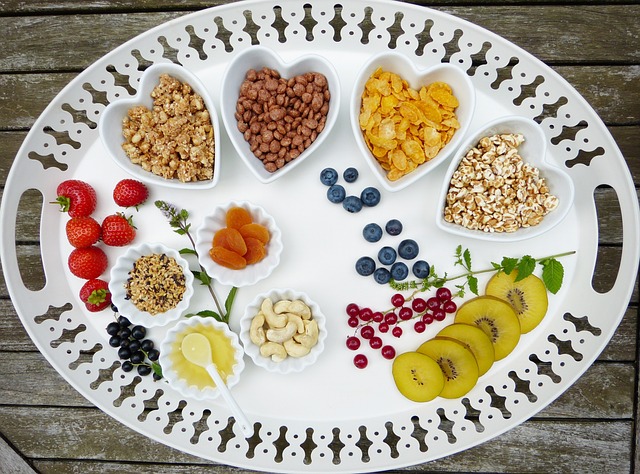Beyond Yogurt: Exploring the Diverse World of Probiotic-rich Foods
Probiotics have gained significant popularity in recent years for their potential health benefits. These live bacteria and yeasts are known to provide a variety of advantages for the digestive system and overall well-being. While yogurt is often touted as the go-to source for probiotics, there are several other food options that are rich in these beneficial microorganisms.
Sauerkraut
Sauerkraut, a traditional German dish made from fermented cabbage, is a fantastic source of probiotics. The fermentation process produces lactic acid bacteria, which are known for their positive effects on gut health. It is important to note that not all sauerkraut brands found in supermarkets are created equal. Look for unpasteurized sauerkraut to ensure it contains live probiotic cultures.
Kefir
Kefir, a cultured dairy product, is similar to yogurt but with a thinner consistency and a tangy taste. It is traditionally made by fermenting milk with kefir grains, which are a combination of bacteria and yeast. Kefir contains several strains of beneficial bacteria and yeasts, making it a potent source of probiotics. Those who are lactose intolerant can also enjoy lactose-free versions of kefir made from coconut milk or other plant-based alternatives.
Miso
Miso, a traditional Japanese seasoning made from fermented soybeans, is not only delicious but also a rich source of probiotics. It is often used as a base for soups and stews, adding a unique umami flavor. Miso contains various probiotic strains that aid in digestion and support a healthy gut. Look for organic miso paste in health food stores to ensure it retains its probiotic properties.
Kimchi
Kimchi, a staple in Korean cuisine, is another probiotic-rich food worth exploring. This spicy fermented cabbage dish is packed with beneficial lactic acid bacteria, vitamins, and minerals. Kimchi’s distinct flavors and probiotic content make it a versatile and healthy addition to various recipes. It is a great option for those looking to add more probiotics to their diet while enjoying a burst of tastiness.
Tempeh
Tempeh, a plant-based protein source made from fermented soybeans, is gaining popularity worldwide for its nutritional benefits. In addition to being a good source of protein, tempeh also contains probiotics. The fermentation process involved in making tempeh enhances its digestibility and increases the availability of nutrients. For those following a vegan or vegetarian diet, tempeh is an excellent option to explore.
Kombucha
Kombucha is a fermented tea that has gained significant popularity in recent years. It is made by fermenting sweetened black or green tea with a symbiotic culture of bacteria and yeast, often referred to as SCOBY. This fermentation process produces a tangy, effervescent beverage rich in probiotics. With a wide range of flavors available on the market, kombucha offers a refreshing and probiotic-rich alternative to sugary drinks.
While yogurt is undoubtedly a fantastic source of probiotics, it is important to diversify our intake and explore the rich world of other probiotic-rich foods. Incorporating sauerkraut, kefir, miso, kimchi, tempeh, and kombucha into our diet helps to widen the variety of probiotic strains we consume, which can further enhance our gut health. So, go ahead and expand your probiotic horizons beyond yogurt!







